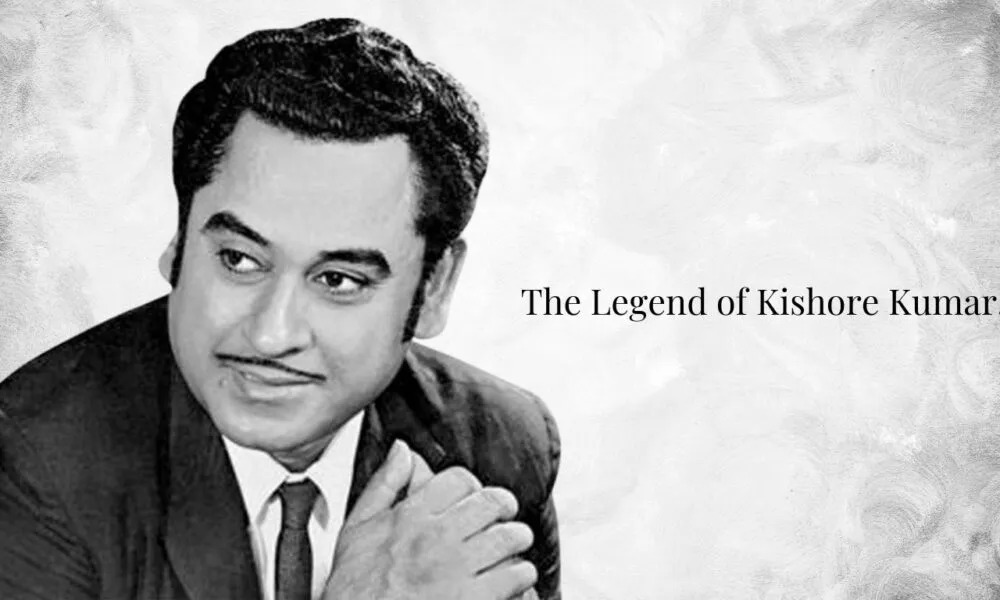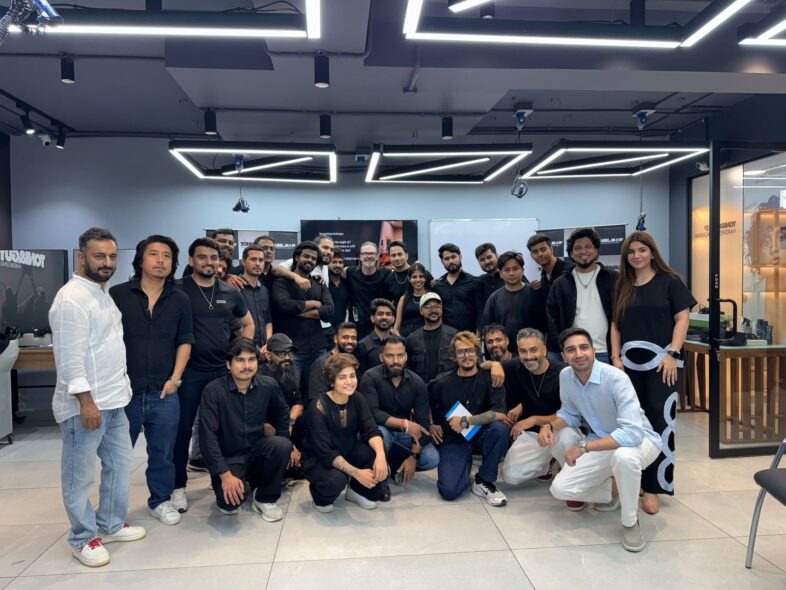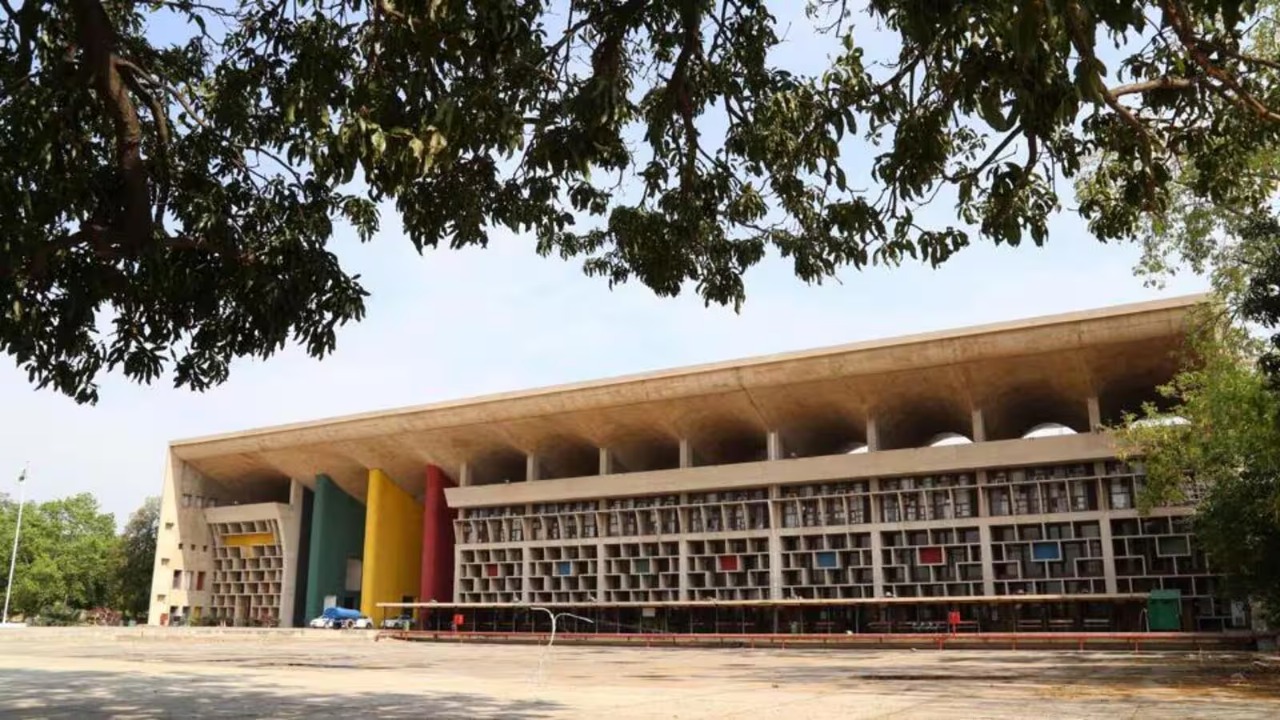 Image Source : The Talented Indian
Image Source : The Talented Indian
As India commemorates the 96th birth anniversary of Kishore Kumar on August 4, 2025, fans and cinephiles alike are revisiting the life of a man whose voice defined generations. But beyond the timeless melodies and eccentric charm, Kishore Kumar’s relationship with money—both in song and in life—offers a fascinating lens into the workings of post-Independence Indian cinema. In a special retrospective titled “The Voice of Melody and Money,” media outlets have explored how Kishore’s financial quirks were as legendary as his musical genius.
This newsletter dives into the duality of Kishore Kumar’s legacy: the unmatched voice that serenaded millions, and the man who demanded cash before crooning.
Key Highlights From the Retrospective
- Kishore Kumar’s song Khush hai zamana aaj pehli tarikh hai became synonymous with payday in India
- His iconic number Paisa Ye Paisa from Karz reflected his real-life views on money
- Known for demanding upfront payment, often refusing to sing until cash was in hand
- Protested delayed payments by shaving half his moustache or hair, stalling shoots
- Famously quipped, “Cheques bounce, but my voice doesn’t” when offered non-cash payment
- His financial eccentricities stemmed from mistrust of industry practices and delayed dues
The Payday Anthem and the Paisa Persona
In the early years of All India Radio and Radio Ceylon, Kishore Kumar’s voice became a monthly ritual. On the first of every month, his song Khush hai zamana aaj pehli tarikh hai would play, marking payday for millions. This cultural association made his voice a symbol of financial optimism.
Later, in Subhash Ghai’s cult classic Karz, Kishore belted out Paisa Ye Paisa with infectious energy. The lyrics—celebrating and lamenting money—mirrored Kishore’s own sentiments. Industry insiders often joked that the song was his personal anthem, capturing his love-hate relationship with wealth.
Eccentricities That Halted Productions
Kishore Kumar’s insistence on upfront payment was not just a quirk—it was a principle. In an industry notorious for delayed payments, Kishore made it clear: no cash, no song. Producers often arrived at his home with briefcases full of money to secure his voice.
In one infamous incident during the shoot of Bhai-Bhai (1956), Kishore shaved off one side of his moustache after a payment dispute. With no way to hide the look, the shoot was stalled until the producer arranged funds. In another case, he wore a hat throughout Miss Mary (1957) to conceal a similar protest.
These acts weren’t just stunts—they were ultimatums. Kishore’s half-shaven face became a visual metaphor for the industry’s financial failings.
The Man Behind the Money
Kishore Kumar’s financial behavior was rooted in more than eccentricity. It reflected a deep mistrust of the film industry’s payment systems. Delays were common, and Kishore, having faced them repeatedly, chose to protect himself through upfront deals.
Despite his reputation, Kishore was not greedy—he was practical. His actions were often humorous but always pointed. He once refused to record until a producer replaced a cheque with cash, saying, “Cheques bounce, but my voice doesn’t.”
Legacy of a Multifaceted Genius
Kishore Kumar’s legacy is not just musical—it’s cultural. He redefined playback singing, brought humor to acting, and challenged norms with his financial assertiveness. His songs continue to echo across generations, while his stories offer lessons in self-worth and artistic integrity.
As India celebrates his 96th birthday, the image of Kishore Kumar—half-shaven, singing about paisa, sipping tea while producers scramble—is as iconic as his voice. He was a melody maker, a money realist, and a man who knew his worth.
Sources: MSN India, India Today, The CEO Magazine, Saregama Blog
Advertisement
Advertisement






